Forecasting is an important part of any revenue management strategy because it allows hotel managers to make vital pricing, promotion, and distribution decisions based on anticipated demand and performance. In this article, we look at useful forecasting tips to help you improve your revenue management strategy.
Table of Contents:
- What Is Revenue Management?
- Forecasting Explained
- The Importance of Forecasting
- Tips to Improve Your Forecasting
- What Is Total Revenue Management?
What Is Revenue Management?
Within the hotel industry, revenue management can be defined as selling the right room to the right client at the right moment, for the right price, through the right distribution channel, with the best cost efficiency. As a business practice, it is primarily concerned with optimizing financial results. Originating in the airline industry, it is now commonplace in many industries with high fixed costs and a perishable inventory.
Forecasting Explained
Forecasting is a tool that can help hotel management anticipate future business performance, better equipping them to deal with future uncertainty. Using past performance data, industry trends, and other available information, hotel managers can make educated projections on key metrics like room occupancy, average daily rate, and total revenue. Ultimately, forecasting aims to give businesses a better understanding of how they will perform in the future so that necessary adjustments can be made.
Video: What Is Hotel Forecasting
The Importance of Forecasting
The ability to create forecasts can be incredibly useful for hotel managers because it allows them to predict future performance. This, in turn, means they can make more measured financial decisions, better prepare themselves for any financial problems, and make adjustments to maximize revenue and minimize damage. For instance, forecasting can allow hotels to adjust prices based on demand, focus sales toward different demographics, or change their marketing strategy, to attract more customers of a certain type.
Table: Forecasting Function Importance
Tips to Improve Your Forecasting
Below, we have compiled nine key tips which can help you to improve the quality and accuracy of your forecasting:
1. Keep Accurate Records
Forecasting relies upon accurate data, so the first step of any forecasting strategy must be to dedicate yourself to keeping accurate records. While the amount of data available to hotels can make this seem daunting, the most crucial information to keep track of includes things like occupancy, room rates, revenue, etc. However, you should also consider total room rent (sold rooms X average room rate) and average room spend per room. If you can access this information from previous years, include it in your new forecasting spreadsheet. If not, start keeping it now.
2. Make Use of Historical Data
Historical data is the best tool for forecasting room demand because the past can accurately predict the future. Although it is not a 100 percent guarantee, if you notice certain trends, like an upturn every June or an increase in business bookings every December, it usually makes sense to forecast similar spikes in demand. Similarly, you may notice trends associated with bad weather, economic recessions, etc.
3. Refer to Data in the Books
With that said, the one set of data you have that can truly be relied upon when creating a forecast is data that is already in the books, such as room reservations and business functions. Other data you could take into account are website traffic and planned promotions. It makes no sense to ignore this information when making your forecast, and if the reservations in the books outweigh the demand expected based on past data, you need to make adjustments.
4. Consider Events and Holidays
Next, you should think about important events and holidays and factor them into your forecast. For instance, Christmas is a natural time for an increase in business, as are the summer months. Similarly, local events can have a significant impact. You should anticipate spikes in demand around these times and a drop in room demand after those events or holidays have ended.
5. Keep an Eye On Your Competitors
In addition, there are other external factors to pay attention to, such as competitors. Try to keep tabs on the competition in the local area. Has a local hotel had renovations done recently? Has a new hotel or holiday home opened in the area? These are all factors that can hurt future demand. At the same time, competitors closing or relocating could mean a potential increase in business for your hotel, so look for this, too.
6. Pay Attention to Market Trends
It is also important to pay attention to more general market trends. These may be trends that are prevalent throughout the hospitality industry, such as a general increase or decline in visitors to hotels in your part of the world or an increase in competitors. At the same time, trends may also affect the wider market, such as economic downturns or upturns, which can also impact your forecast.
7. Break Down Your Forecast By Segments
Once you have a basic forecast from the various pieces of data and market trends you have factored in, you should aim to break it down into different segments. For example, you may create:
- Forecast per origin – A forecast based on the different countries guests visit.
- Forecast per distribution channel – A forecast outlining each major distribution channel.
- Forecast per business type—A forecast that divides visitors into types: business, leisure, groups, etc.
- Forecast per room – A forecast looking at the demand for specific rooms, suites, or guest houses.
By doing this, you will better understand exactly where your business is coming from, the business impact of each segment type, and the types of businesses you need to target more.
8. Work With Marketing and Sales
With some forecasts in place, you can look more closely at what your projections mean for your business and work with your marketing and sales departments to make any necessary adjustments to strategy. For example, if your forecast shows a lack of interest from a specific market segment, you could focus more of your marketing efforts on them. Similarly, you could target sales toward the type of people who are most likely to visit.
9. Refer to Your Forecasts Regularly
Finally, with your data collection methods set, your existing data in place, and your various forecasts created, you should refer to them regularly and use them to inform important business decisions. Although a forecast can never be 100 percent accurate, it can help you build a picture of the future, which is important for hotel revenue management, day-to-day budgeting, marketing, sales, and many more functions.
What Is Total Revenue Management?
Optimizing performance across all revenue sources, including restaurants, conferencing facilities, gyms, spas, and more, is important for any hotel looking to improve financial results. Total revenue management is the process of applying core revenue management techniques to all relevant departments to achieve this precisely.
Read “Total Revenue Management: How Hotels Can Maximise Their Revenue“ for a more in-depth look at total revenue management, how it differs from conventional hotel revenue management, and the benefits of adopting a total revenue management strategy. You will also find tips and advice on measuring performance and much more.
Forecasting Tips Revenue Management FAQs
Forecasting is an important part of any revenue management strategy because it equips managers with the ability to cope with the uncertainty of the future. By following the tips above, you should be able to improve both your forecasting and your revenue management.
Did You Like This Article About Forecasting Tips?
You might also be interested in the following articles:
- Accommodation Service Providers: Successful Tips for More Revenue
- Hotel Room Types & Room Pricing Tips for Hoteliers
- Hotel Dynamic Pricing Guide; An Essential Overview of All Price Tags
- How Often Should Hotels Update Their Pricing?
- Restaurant Revenue Management Strategies for Successful Managers
More Tips to Grow Your Business
Revfine.com is the leading knowledge platform for the hospitality and travel industry. Professionals use our insights, strategies, and actionable tips to get inspired, optimize revenue, innovate processes, and improve customer experience.Explore expert advice on management, marketing, revenue management, operations, software, and technology in our dedicated Hotel, Hospitality, and Travel & Tourism categories.
This article is written by:
Hi, I am Martijn Barten, founder of Revfine.com. With 20 years of experience in the hospitality industry, I specialize in optimizing revenue by combining revenue management with marketing strategies. I have successfully developed, implemented, and managed revenue management and marketing strategies for individual properties and multi-property portfolios.



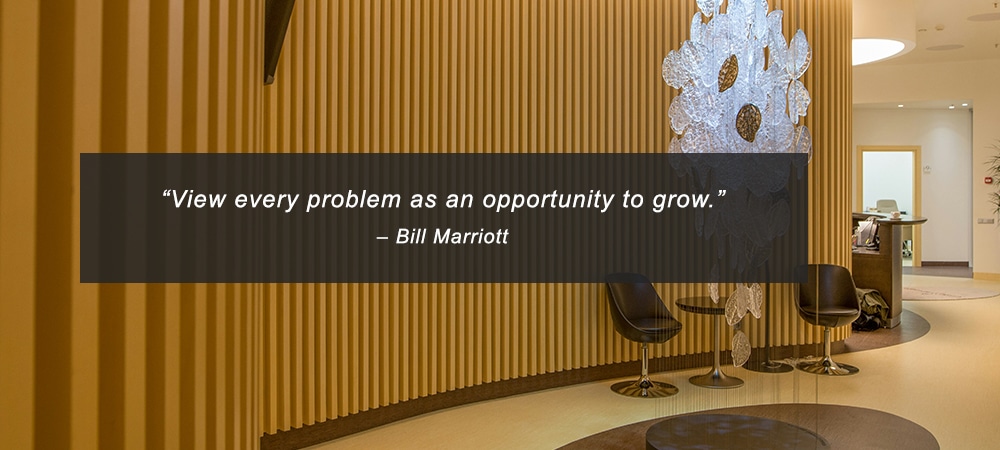

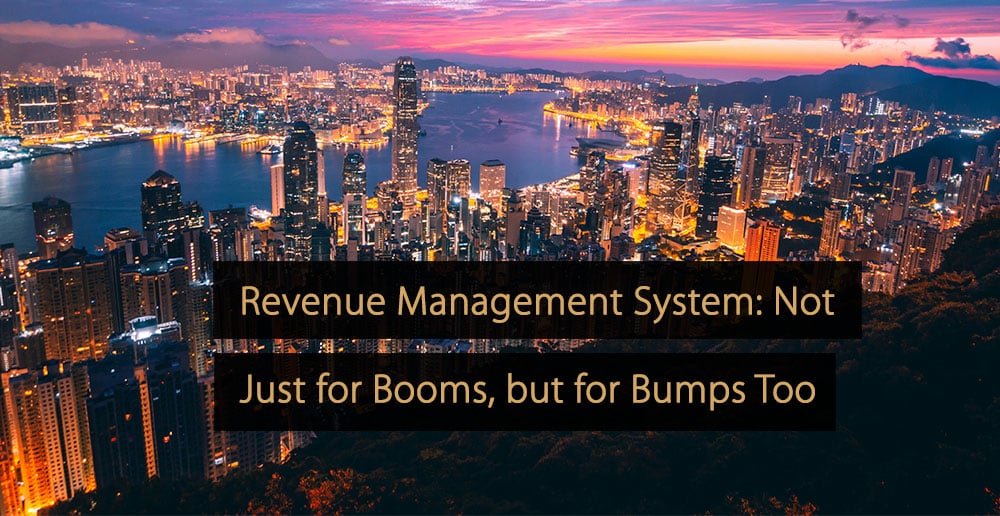

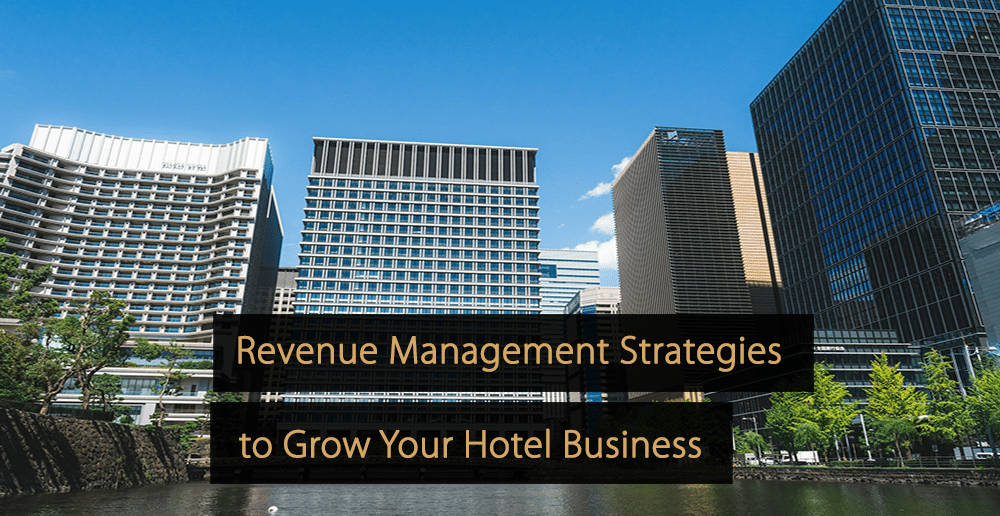

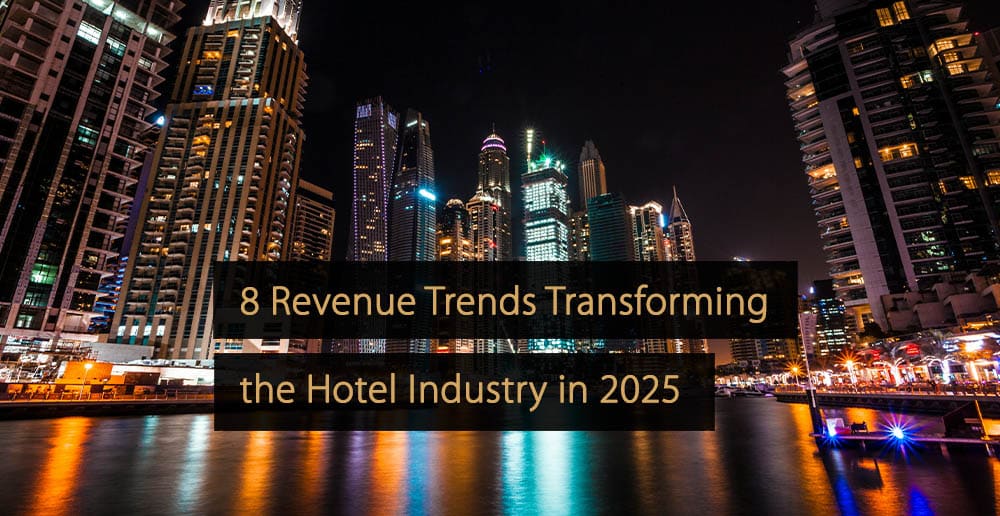
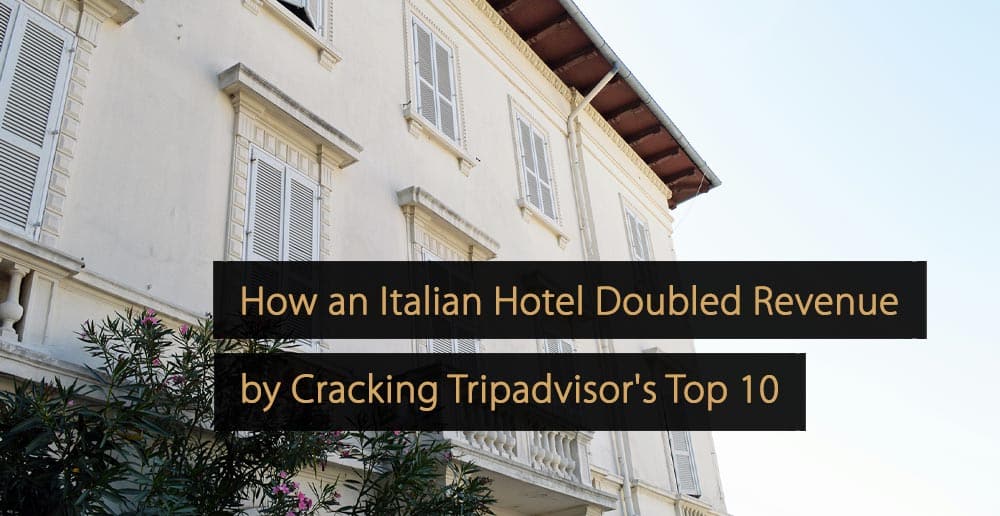
Very appreciated.
Forecasting results may or may not reduce the uncertainty of the future. But it surely increases the strength of dealing with those uncertainties.
It is a nice blog, everything in the blog is self-explanatory.
Thank you for all the forecasting tips. We want more!